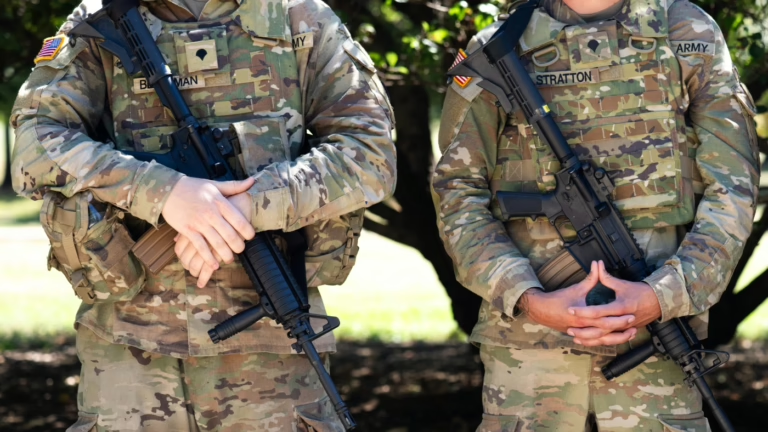National Guard troops on patrol at the National Mall in Washington, DC, August 26, 2025.
Saul Loeb/AFP via Getty Images
hide caption
toggle caption
Saul Loeb/AFP via Getty Images
The Trump administration has initiated or threatened the deployment of National Guard forces in over half a dozen U.S. cities, citing concerns over escalating crime rates.
These moves have sparked a range of reactions, from public demonstrations and legal battles to some local acceptance.
Given the complexity involving multiple municipalities, agencies, and court rulings, here is a detailed overview of the current status of these National Guard deployments.
Which cities are involved?
In June, President Trump dispatched thousands of National Guard personnel to Los Angeles, followed by a similar deployment to Washington, D.C. in August.
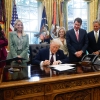
This marked the beginning of a series of federal actions aimed at stationing troops in various urban centers, continuing into September. Recently, Attorney General Pam Bondi announced via social media that a federal crime-fighting task force is active in Memphis, Tennessee, though it remains unclear if National Guard units are part of this effort.
Illinois Governor JB Pritzker has indicated that the administration seeks to send 100 troops to Chicago, while Oregon’s National Guard is reportedly preparing to meet the request for 200 personnel in Portland, according to Oregon Public Broadcasting.
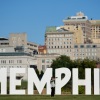
In Louisiana, Governor Jeff Landry has requested up to 1,000 troops to address elevated crime in cities such as New Orleans, Shreveport, and Baton Rouge. Meanwhile, Missouri Governor Mike Kehoe has authorized his state’s National Guard to support Immigration and Customs Enforcement (ICE) with administrative and logistical tasks following a Department of Homeland Security request.
President Trump has also mentioned Baltimore, where Governor Wes Moore has opposed the presence of troops on city streets and instead announced increased state resources to fight crime.
Are these troop deployments lawful?
Two key statutes are frequently cited in discussions about the legality of these actions.
The Home Rule Act grants the President authority over the National Guard in Washington, D.C., which explains why troops remain stationed there.
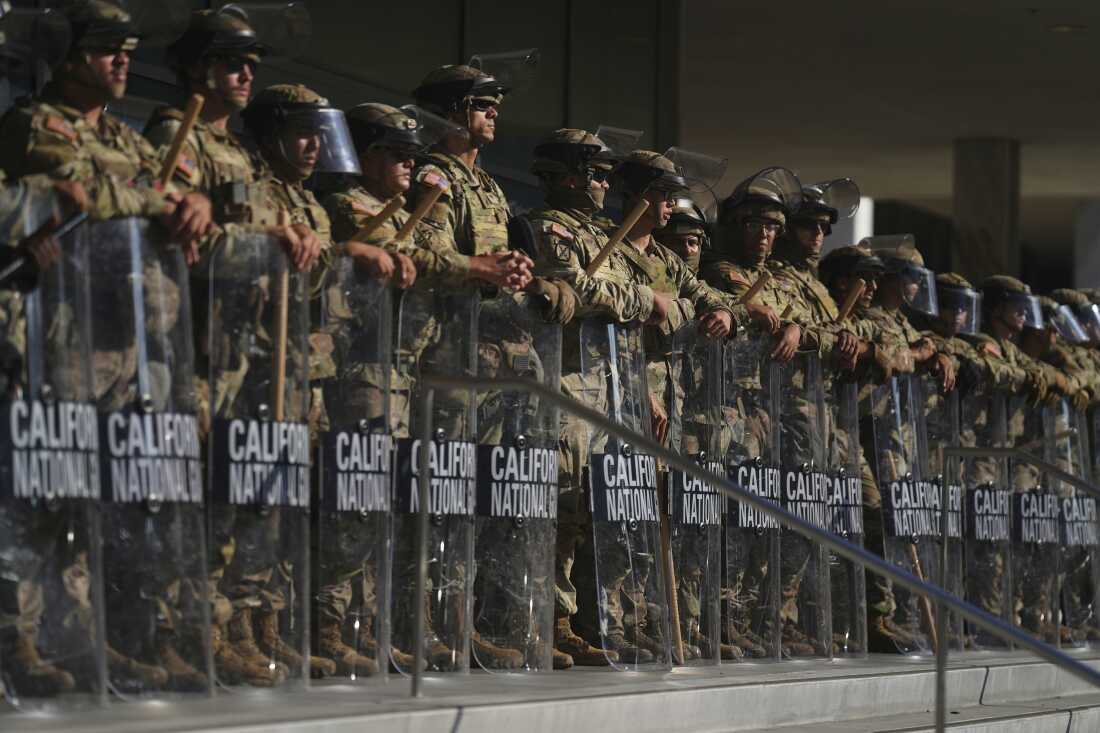
California National Guard troops positioned outside the Federal Building in Los Angeles, June 10, 2025.
Eric Thayer/AP
hide caption
toggle caption
Eric Thayer/AP
However, this authority does not extend to other states. The Posse Comitatus Act restricts the use of the military in domestic law enforcement unless Congress explicitly authorizes it. A federal judge, Charles R. Breyer, ruled that the deployment of troops in Los Angeles violates this act, though his decision applies only within California.
Oregon and the city of Portland are pursuing a restraining order against the deployment, arguing that the President exceeded his legal powers, as reported by OPB.
Conversely, deployments in states governed by Republicans may have stronger legal footing, according to legal analysts.
“If a governor consents to the presence of troops from other states – whether or not it’s effective – legally it’s generally permissible, provided constitutional rights are upheld,” explained Rosa Brooks, a law professor at Georgetown University, in a previous NPR interview.
Is there an emerging trend?
A noticeable divide along party lines has surfaced. Democratic leaders such as California Governor Gavin Newsom, Illinois Governor JB Pritzker, and Oregon Governor Tina Kotek have resisted these military deployments.
Newsom has labeled Trump’s directive to send Marines alongside National Guard members to California as both “illegal” and “immoral.” Pritzker took to X (formerly Twitter) urging the President to “cease using military forces and ICE to invade and disrupt American cities.”
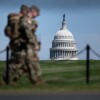
On the other hand, Republican governors have generally welcomed these federal interventions.
Beyond politics, legal experts warn of a broader shift: the increasing normalization of armed military personnel patrolling American streets, which challenges the longstanding tradition of limiting military involvement in domestic affairs.
“This trend is conditioning the public to accept armed troops as a routine presence in daily life. For many, this is an intimidating and unsettling development,” Brooks noted.





















